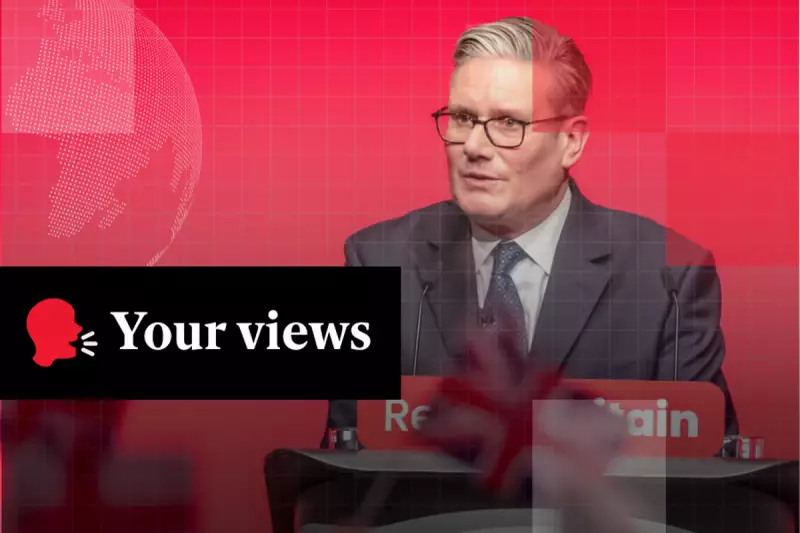
In a defining political stance that sets the battle lines for the next election, Sir Keir Starmer has declared that a Labour government would staunchly defend Britain's membership in the European Convention on Human Rights (ECHR). This commitment places the party on a direct collision course with Conservative hardliners pushing for withdrawal.
The Constitutional Clash
The Labour leader's unambiguous position comes as Prime Minister Rishi Sunak faces mounting pressure from within his own party to take the UK out of the European human rights framework. Several senior Tories have advocated for withdrawal, particularly citing the ECHR's role in blocking the government's controversial Rwanda deportation scheme.
Starmer emphasised that Labour's approach would focus on reforming the UK's immigration system rather than abandoning international human rights obligations. "We need to fix the broken system, not rip up our fundamental commitments," a Labour source close to the leader stated.
Immigration Policy at the Crossroads
The ECHR has become a central flashpoint in Britain's immigration debate after the Strasbourg court issued a last-minute injunction that grounded the first flight of asylum seekers to Rwanda in June 2022. This intervention infuriated Conservative backbenchers and ministers who view the convention as an unacceptable constraint on UK sovereignty.
However, Starmer's team argues that leaving the ECHR would create diplomatic chaos and undermine Britain's global standing. They point to the potential consequences for the Good Friday Agreement and the UK's relationships with European allies.
What This Means for Voters
- Clear political divide: Labour commits to international human rights standards while Conservatives consider withdrawal
- Immigration system overhaul: Labour promises to address backlog and processing delays
- International reputation: UK's global standing could be significantly impacted by ECHR decision
- Legal certainty: Businesses and individuals rely on ECHR framework for rights protection
The Road Ahead
With the next general election approaching, the future of Britain's relationship with the ECHR has emerged as a key policy battleground. Starmer's declaration ensures that voters will face a stark choice between maintaining international human rights commitments or pursuing what supporters call "full sovereignty" over immigration policy.
The debate extends beyond mere legal technicalities, touching on fundamental questions about Britain's place in the world and the values it seeks to uphold. As one political analyst noted, "This isn't just about immigration policy—it's about what kind of country Britain wants to be in the 21st century."






